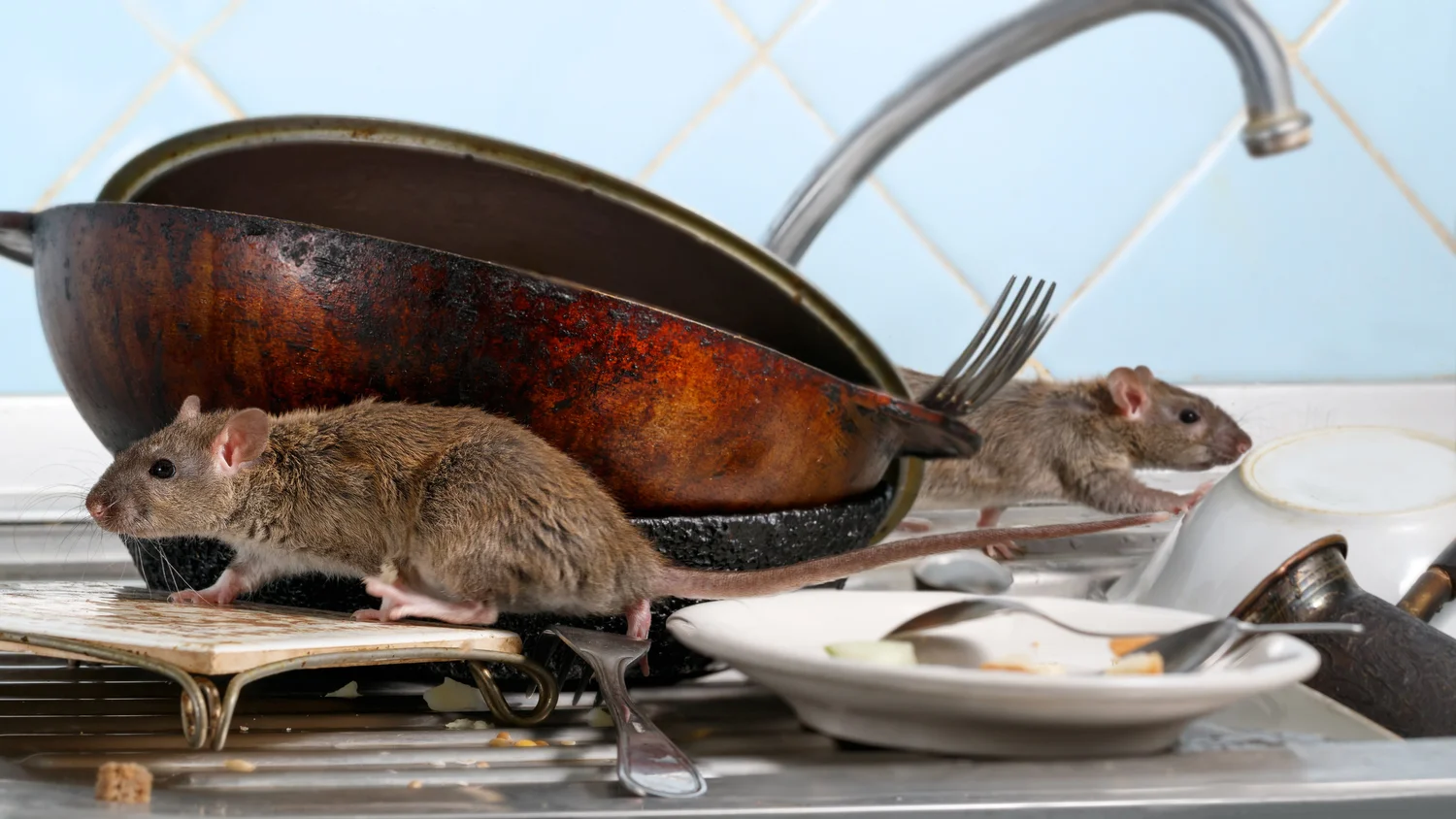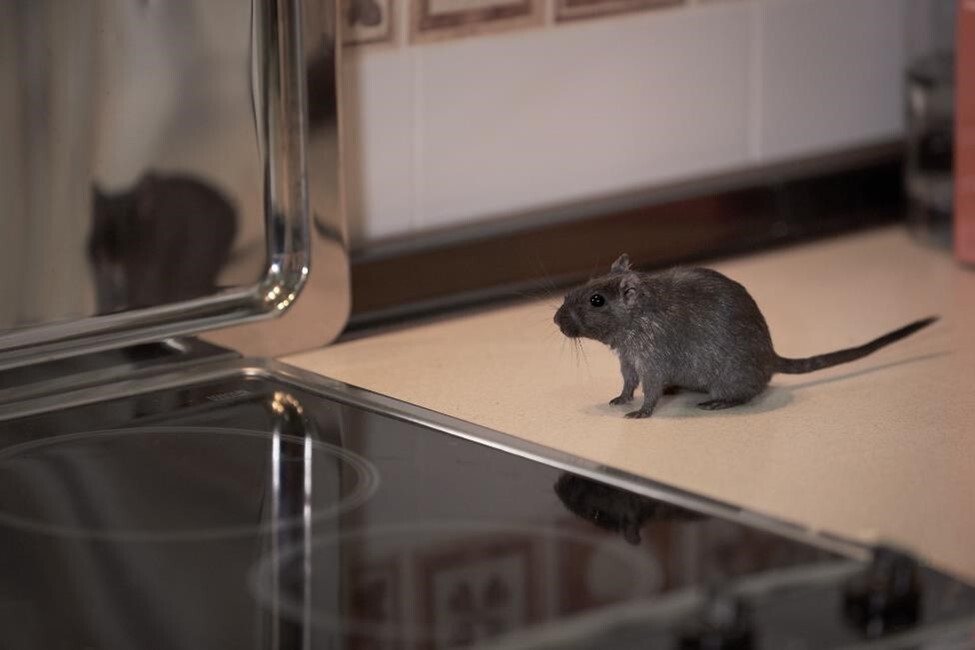Maintaining a pest-free home is crucial for the health and well-being of your family. Indoor pest prevention is not just about spraying chemicals but creating an environment where pests cannot thrive. By understanding what attracts pests and knowing how to deter them, you can ensure a comfortable and hygienic living space.

Understanding the Basics of Pest Prevention
Pests can be more than just a nuisance. They carry diseases and can cause significant damage to your property. The key to effective pest control begins with simple preventive measures. You can read more about the basic DIY pest control tips that homeowners can follow to keep pests at bay.
Key Pest Prevention Strategies to Follow
1. Keep a Clean Home
A tidy home is the first line of defense against pests. Daily cleaning routines deter pests from setting up shop. Ensure that all food items are properly sealed. For more information on how to protect food from pests, visit TrapX's informative guide.
2. Seal All Entry Points
Pests often enter homes through tiny cracks and gaps. Regularly inspect your homes exterior and seal any potential entry points. Special attention should be paid to windows, doors, and utility lines.
3. Proper Waste Management
Make sure garbage is disposed of regularly and stored in sealed containers. Overflowing trash is a banquet for unwanted guests.
Understanding What Attracts Pests
To prevent pests, it's crucial to understand what attracts them. Factors like food remnants, moisture, and warmth create a conducive environment for pests like cockroaches and rodents. This guide on the things that attract pests can give you further insights.
4. Ensure Proper Ventilation
Moisture is a huge attraction for pests. Make sure your home is well-ventilated, especially in areas like the kitchen and bathrooms.
Using Natural Pest Control Methods
While pesticides can be effective, they arent the only solution. Natural methods are less invasive and safer for both humans and pets. Learn about effective natural remedies in this natural pest control guide.
Staying ahead of pest problems requires vigilance and proactive strategies. For residents curious about guarding their garden from pests, TrapXs article on pest prevention for gardeners offers invaluable advice.
Conclusion
Maintaining a pest-free home is an ongoing process, but with these indoor pest prevention tips, you can stay ahead. For further strategies, especially during seasonal changes, you might check out more specialized advice on seasonal pest prevention. By being vigilant and using a combination of natural and proactive measures, you can create a safe and pest-free home environment.

FAQs
What are the most common indoor pests?
The most common pests include ants, cockroaches, mice, and spiders. Each requires specific preventive measures for effective deterrence.
How can I naturally repel pests?
Using essential oils, diatomaceous earth, and vinegar are typical natural deterrents. For comprehensive methods, consider consulting Northwest's guide on natural pest control tips.
How often should I inspect my home for pests?
Monthly inspection is recommended to catch any new signs of pest activity early. Regular checks of food storage and trash areas are also beneficial.
This article contains affiliate links. We may earn a commission at no extra cost to you.
